#IndustryNews
Report: Ford CEO Says China Strategy Changing
Ford Motor Company is tweaking plans in China and seeking to turn around financial losses after five years of lackluster sales within the region. The new strategy will be focused on exporting to other countries, commercial product, and reinforcing the necessary supply chain for all-electric vehicles.
Mercedes CEO Says Brand Sticking With China for the Long Haul
Mercedes-Benz CEO Ola Kallenius has told the German media that the brand has no intention of cutting ties with China, saying such a move would be unwise for the whole of Germany industry.
"The major players in the global economy, Europe, the U.S. and China, are so closely intertwined that decoupling from China makes no sense," he was quoted as saying in Bild am Sonntag.
Rivian Planning to Raise $1.3 Billion in Green Bonds
On Monday, Rivian announced a plan to sell $1.3 billion in bonds as a way to cope with rising production costs.
The news comes just days after the company addressed rumors that it might build as many as 62,000 vehicles through 2023. Despite credible reporting, Rivian said its official production forecast remains set at the original 50,000 electric vehicles by year’s end.
Report: Renault Discussing U.S. Sale of Alpine Sports Cars With AutoNation
France’s Renault has already announced that it has been considering how best to sell Alpine sports cars in North America and the latest plan appears to involve getting cozy with AutoNation. With no dealer base of its own on our market – and Alpine being an incredibly small brand – leveraging one of the largest used dealer networks in the United States could be an ideal way to get a foot in the door.
U.S. Treasury Bows to Industry Pressure On EV Tax Credit Scheme
The United States Department of the Treasury appears to have caved after receiving sustained pressure from the auto lobby, modifying how vehicles are classified in the updated EV tax credit scheme in a manner designed to make more vehicles eligible. Rather than leaning on Corporate Average Fuel Economy (CAFE) standards, the Treasury has said it will instead use the Environmental Protection Agency’s (EPA) Fuel Economy Labeling standard to determine when a vehicle is an SUV, pickup, sedan, or van.
Renault–Nissan–Mitsubishi Alliance Being Overhauled
The strategic partnership between France’s Renault and Japan’s Nissan has been a tenuous alliance throughout most of its history. However, the duo is attempting – once again – to tweak the nature of their complicated relationship in the hopes it produces better cooperation and reduced animosity.
Qualcomm Launches One Automotive Chip to Rule Them All
Qualcomm has released a new automotive processor chip designed to help contend with supply chain issues by handling both driver assistance features and the more standard functions tied to the infotainment system.
Study: Auto Execs Are Becoming Less Optimistic About EV Adoption
Automotive executives are reportedly scaling back their expectations for EV adoption, according to an annual survey conducted by KPMG International. Last year, professionals working at the top of the industry reported that they believed (on average) that over half of all new vehicles sold in the United States by 2030 would be battery-electric. But their faith in electrification appears to be evaporating, with most respondents suggesting that particular goal is no longer achievable.
Senate Asks Automakers About Forced Labor in China
The Senate Finance Committee has formally requested that eight major automakers provide detailed information about their supply chains in order to determine whether or not they benefit from slave labor. In a letter sent Thursday, the group referenced a report from Sheffield Hallam University claiming that the auto industry is “unwittingly” utilizing metals, batteries, wiring, wheels, and other components that were coming from questionable sources – namely ethnic slaves living in Western China.
Report: Rivian and Mercedes Cancel Joint Partnership
Rivian and Mercedes-Benz Vans signed a memorandum of understanding to create a new joint venture for building electric vans in September. But the deal seems to have fallen apart, with reports confirming that the EV startup has pulled the plug just a few months into the planned partnership.
Report: Beijing Auto Show Dumped Over COVID Restrictions
The organizer of the Beijing International Automobile Exhibition has announced that the show will not go on due to the COVID-19 situation in the country. Though those with a memory longer than that of a goldfish will recall that the event was already postponed in April for that very same reason.
UAW Vying to Represent GM Battery Plant Employees
On Monday, the United Auto Workers (UAW) announced that it is seeking to represent workers employed by the Ohio-based joint venture between General Motors and LG Energy. The union said that it had filed a petition on behalf of 900 people building Ultium battery cells, saying that a majority of the plant’s workforce had already signed cards indicating that they wanted UAW representation.
Report: Some Automakers Abandoning AM Radio
An acquaintance of mine recently said he would never purchase an all-electric vehicle and offered up a reason I never heard before. “They don’t come with AM radio,” he said.
While this surprised me, shifting technological preferences have indeed started to change how automobiles and broadcasters interact. As an example, a gaggle of Mazda owners found their vehicles stuck tuned to National Public Radio this February after a local station transmitted an FM data packet that effectively froze the cars’ infotainment system amid the swap to next-generation broadband services. That transition has already caused some interesting problems for the industry and electromagnetic interference has likewise become the default explanation for automakers limiting your frequency band choice in certain vehicles. But it doesn’t explain why some companies are ditching AM radio outright. In fact, a little research has shown a lot of the explanations given by manufacturers leave a lot to be desired.
EVs Are Becoming More Expensive, Not Less
A few years ago, the industry narrative was that all-electric vehicles would reach financial parity with their combustion-driven counterparts in 2025. The assumption was that this would gradually occur by way of ramping up battery production and leveraging economies of scale. However, reality had a different take, as the world is now confronting record-setting prices across the board. Manufacturer and dealer hikes have resulted in the average invoice of EVs rising to $54,000 — roughly 10 grand higher than the typical transaction price of gasoline-powered vehicles, according to J.D. Power.
With economic pressures spiking the value of all automobiles, hardly anything is leaving the lot for less than it could have been had for in 2020. But the increases seen on all-electric models are actually outpacing the models we’ve been told they’re supposed to replace.
Study Claims Gen Z Doesn't Like Buying Cars
Younger drivers have reportedly had it with the dealership experience, with Gen Z even more disenfranchised than Millennials. Though it’s difficult to imagine anybody visiting a showroom within the last 12 months having any other reaction. Incentives are down, prices are up, and there’s a good chance whatever you wanted to buy isn’t going to be on the lot anyway. Someone saying they had an exemplary dealer experience is becoming about as common as people claiming they enjoy going to the DMV.
However, CDK Global Inc. still opted to conduct a survey in the hopes of determining just how much less tolerant younger shoppers might be compared to older generations. The takeaway probably isn’t going to shock you, even if the sheer volume of first-time buyers that don’t care for dealerships might.



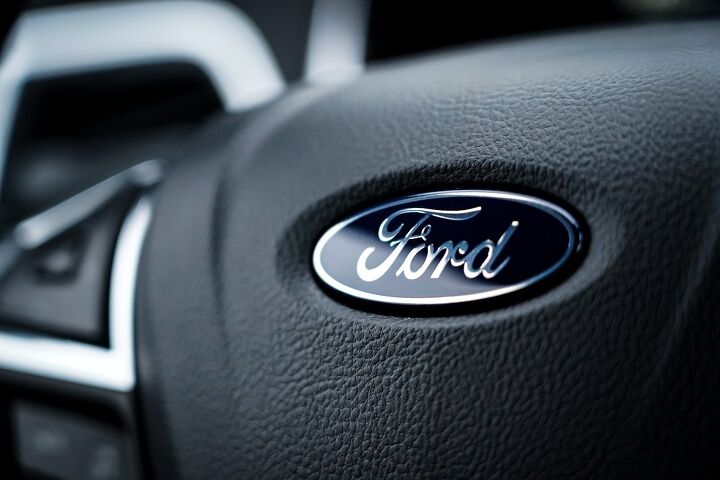
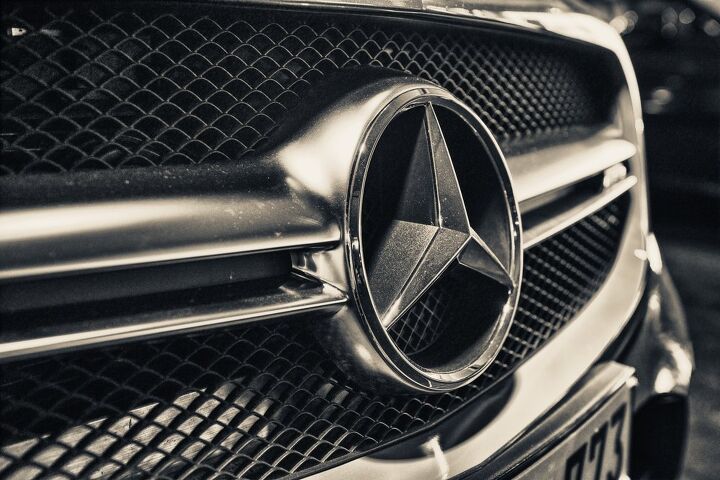

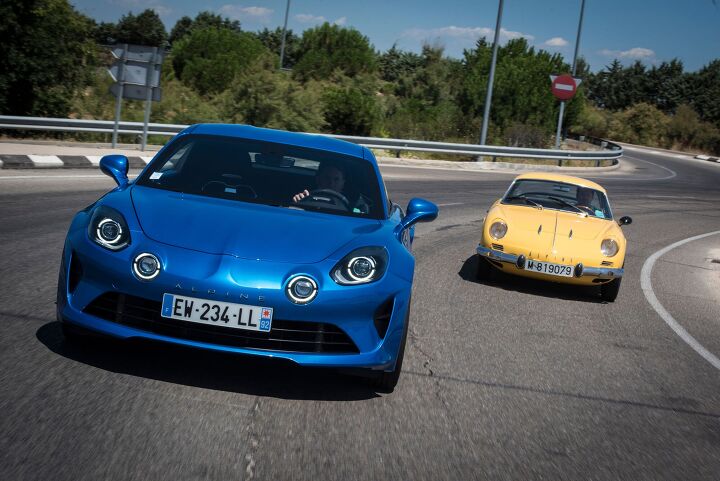

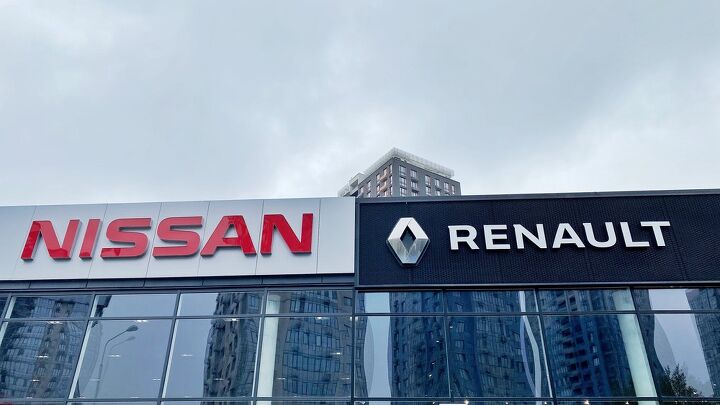
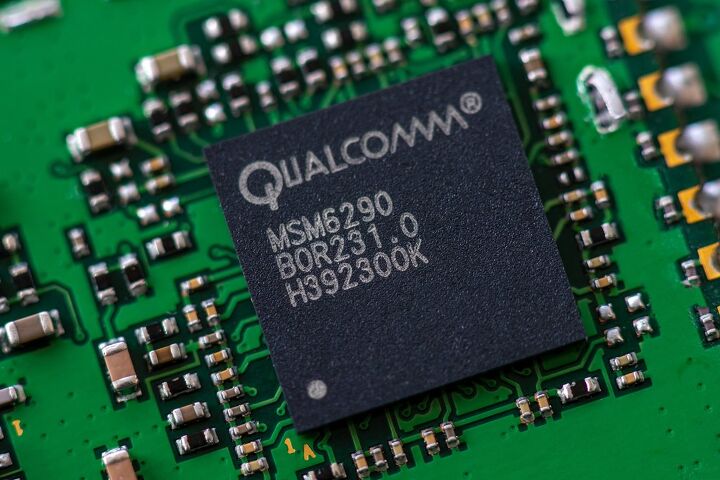




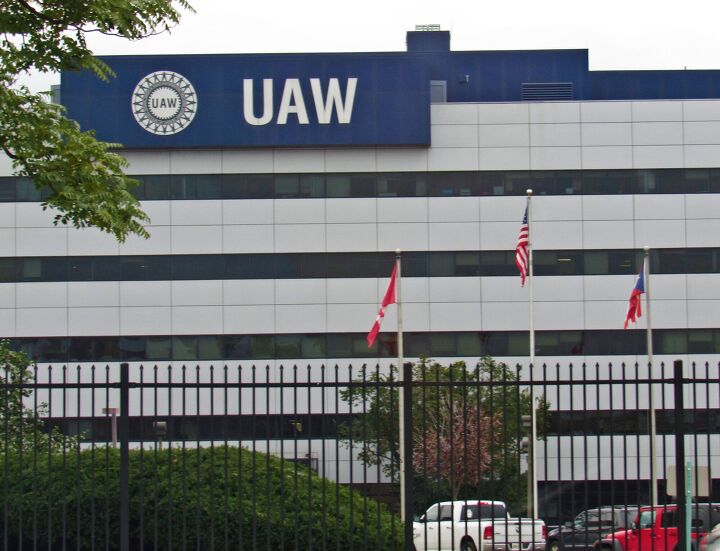















Recent Comments